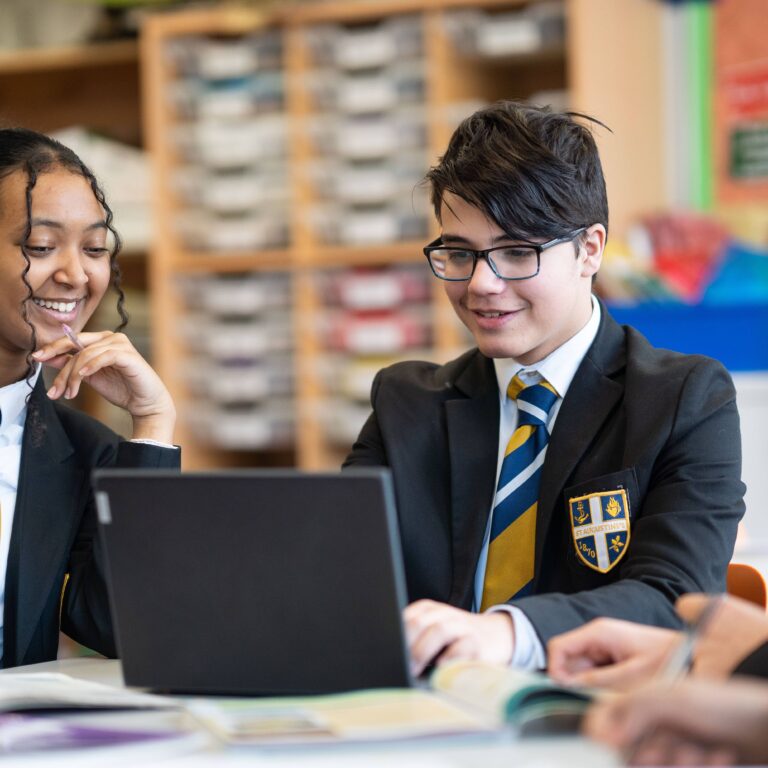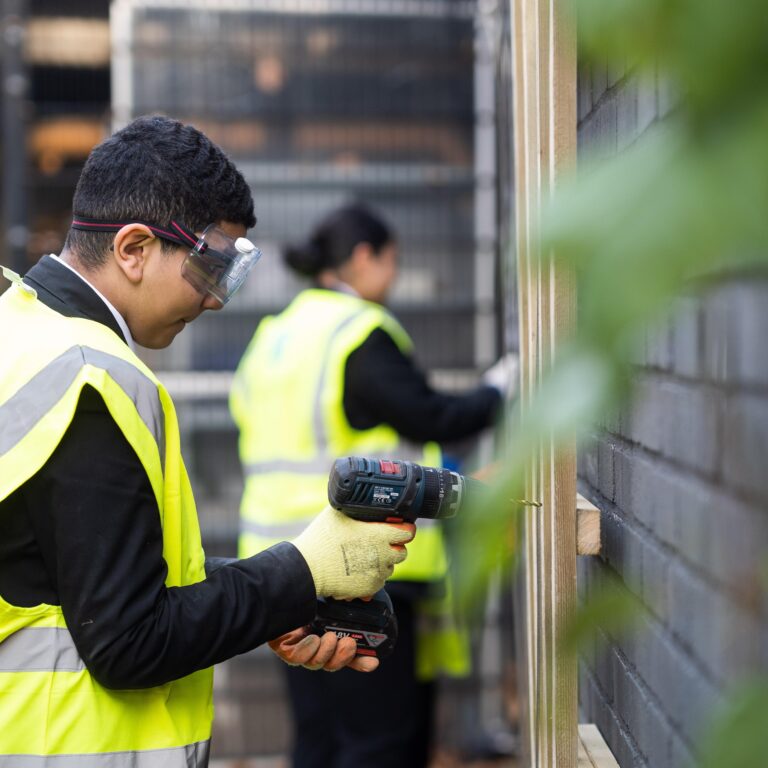Course content
From September 2017, we will offer the OCR Physics A course. In Year 12 students will study Forces and Motion and Electrons Waves and Photons. In Year 13, they will move onto the Newtonian World and Astrophysics, and then Particle and Medical Physics. Whilst the course builds on many of the GCSE topic areas, the demands are far greater, especially in terms of the maths skills you are expected to use, but also in terms of concise explanations of difficult concepts.


